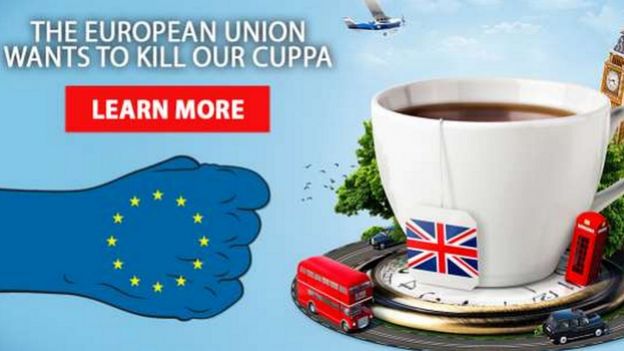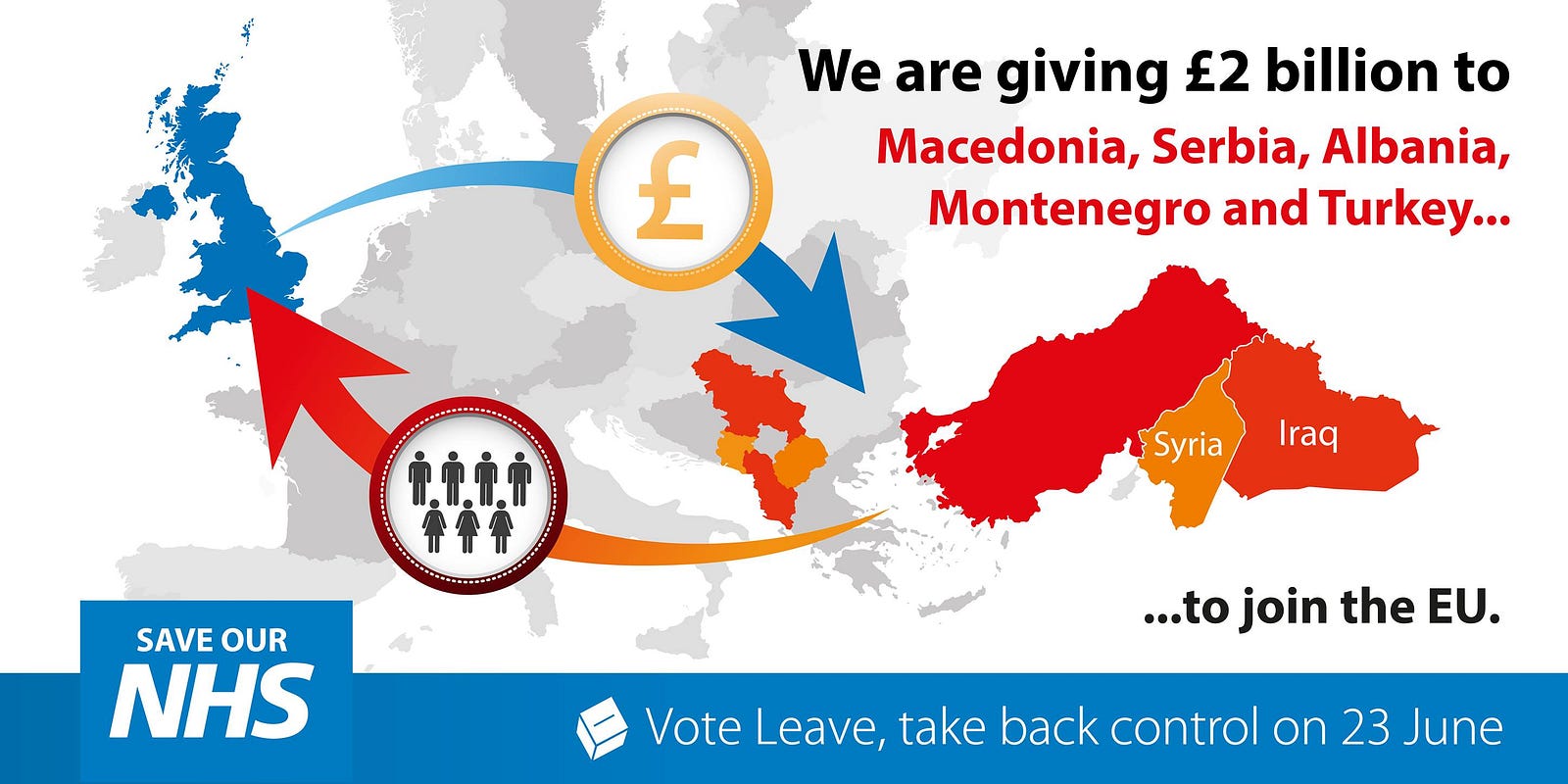I’ve always been firmly of the opinion that immigration has a very clear net benefit for the economy but a twitter thread someone posted the other day had some interesting points about how it’s not quite that simple.
This doesn’t necessarily change my mind but it’s definitely far too complex an issue to label of anyone with any doubts as a racist. And that’s when educated people delve deep into the data. Most of the people directly affected by scarcity of resources are going to take a much more straightforward view on what’s happening and see more people arriving in an already strained environment as a potential problem that will get worse and worse over time. The worst you can say about them is that they’re poorly informed or under-educated.
Now some of them may well be racist. Calling them all racists is insulting, unnecessary and plain wrong.
Probably also worth noting that while net migration figures are
relatively low (at least in comparison) to the population, some areas will be more impacted than others. Up in Scotland, while I don't have the figures at hand, I believe immigration levels are generally a lot lower than in the rest of the UK. This is especially noticeable in a lot of non-city towns which, while still reasonable in size, have very low immigrant populations.
That's not to say it's necessarily a
bad thing that other areas have more, of course, since I'd subscribe to the view that diversity tends to be a good thing, but it probably is important to note that people experience immigration in different ways and that no two individuals will have an identical experience in relation to it. Indeed, even if solely through pot luck, it's conceivable that the effects of immigration on the economy and community could hypothetically be brilliant in one town, while being more negative in another. Because like with all people you can't always just put immigrants into convenient boxes and not account for divergences in social circumstances, economic mobility, age, gender etc.
Although of course there is the notable irony that a lot of the most pro-Brexit areas where you'll likely see more racists will end up being rural communities who don't have that much to do with them.




